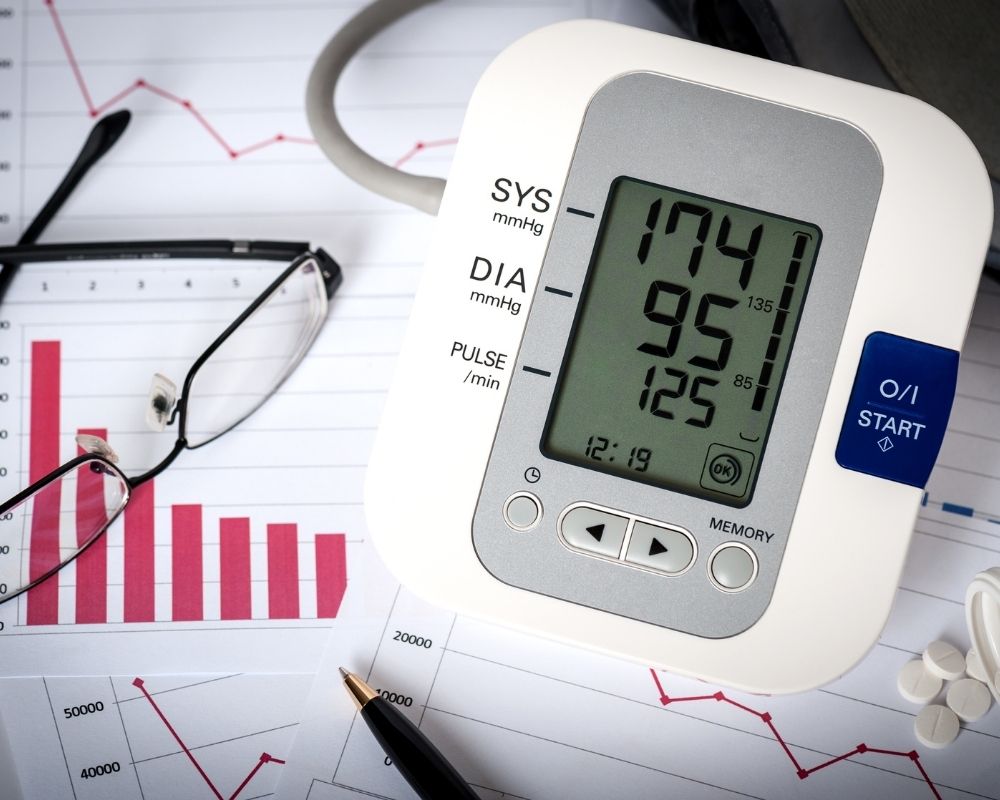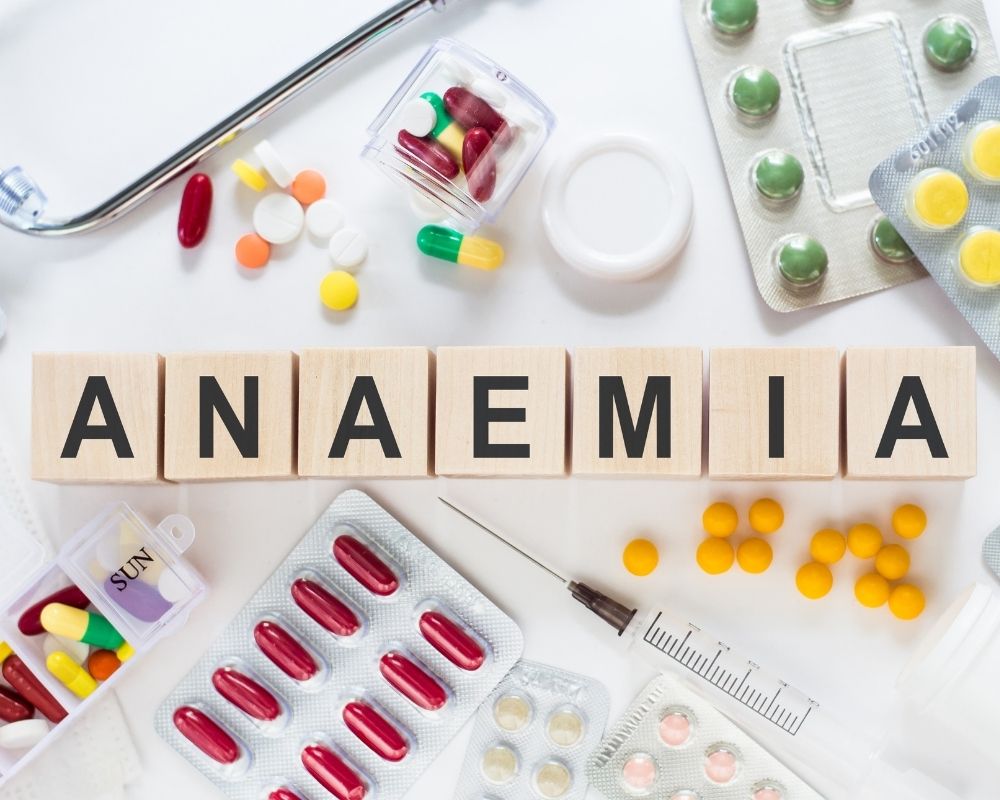Not every pregnancy is smooth sailing. Your pregnancy journey may hit some bumps along the way. Here are the common pregnancy complications and ways to manage them effectively.
Pregnancy complications can happen to any woman, even women who were perfectly healthy before getting pregnant. Some may be minor, and some conditions may be more serious and can turn the pregnancy into a high-risk pregnancy where the mother’s and infant’s health may be at stake.
Preeclampsia

Preeclampsia is a condition of high blood pressure induced by pregnancy. It occurs when the blood vessels in the placenta do not develop properly, causing the blood vessels to be narrower than usual. They also react differently to hormones, and therefore less blood is able to flow through the blood vessels. Symptoms of preeclampsia include severe headaches, nausea, vomiting, blurry vision, and abdominal pain near the ribs. It generally occurs in first-time pregnancies after the 20th week and may develop suddenly without any symptoms. This is why blood pressure monitoring is important in prenatal care because a spike in blood pressure is usually the first symptom of preeclampsia.
If left unchecked, preeclampsia can lead to serious or fatal complications for mother and baby. Seizures, stroke, and severe bleeding are possible complications until your blood pressure decreases. Delivery of your baby is the only solution for treating preeclampsia. If you are diagnosed too early in the pregnancy, you may need to be hospitalized and be continuously monitored as it will be too early to deliver to the baby. Alternatively, your doctor may suggest C-section delivery or early induced labour.
While there are no successful treatments for preventing preeclampsia, complications from preeclampsia can be managed with early detection and proper prenatal care. Several preventive measures have shown promise in treating preeclampsia. For example, low-dose aspirin therapy and calcium supplementation has been shown to improve symptoms for high-risk pregnancies. Calcium reduces blood pressure in pregnant women with mild to moderate hypertension and low dietary calcium intake. A low dose of aspirin therapy at 100mg per day can also reduce the risk of preeclampsia.
Gestational Diabetes

Gestational diabetes is a condition in which pregnant mothers have high blood sugar. Gestational diabetes can happen to women of all sizes, even women who are not diabetic. The exact cause of gestation diabetes is still under debate, but doctors suspect that it is due to hormones from the placenta that supports the baby’s growth. In some cases, these hormones also block the function of insulin in the mother’s body. This results in insulin resistance, which makes it harder for the mother to use insulin. Glucose is unable to exit the blood without sufficient insulin, hence it keeps building up in the blood, causing hyperglycemia. As blood sugar is also transported through the placenta to your baby, your baby may also have high blood sugar levels and be at risk for developing obesity and diabetes as they grow older.
A healthy diet is important for pregnant mothers, regardless of having gestational diabetes or not. It is important to eat foods high in nutrients that keeps your blood sugar in check, provide your baby with the necessary nutrients and maintaining a healthy weight. When your blood sugar is stable, you will experience fewer cravings for sugary sweets and snacks, thereby preventing your blood pressure from spiking. Your baby will also grow at a normal rate, as blood sugar is a major factor in your baby’s weight gain in the last trimester.
A low-carb diet based on meat, eggs, dairy, vegetables and a little fruit is recommended. By low carbohydrates, we mean cutting out junk food, refined grains and snacks with added sugars. There is plenty of carbohydrates that are safe for pregnant women to eat. Complex carbohydrates such as whole-grain bread, crackers, beans, and rice are good examples.
The key point is to follow your body’s cues and eat when you are hungry, instead of obsessing over calorie count. Gestational diabetes is completely manageable and the first thing to do is to check your blood sugar levels and understand which foods are causing your blood sugar levels to fluctuate.
Anaemia

A pregnant woman who has less than normal red blood cells count in her blood is deemed to have anaemia. Anaemia can occur at all stages of pregnancy and is commonly caused by iron deficiency. Pregnant mothers need more iron to make red blood cells as the mother’s blood volume increases during pregnancy, and also to meet the demand for iron by the growing baby. When you are anaemic, you may often feel exhausted, sometimes out of breath and have a pale complexion. Anaemia is risky for pregnant women, as they are less capable of coping with blood loss during labour and delivery.
The good news is anaemia is easily treated. Your doctor may prescribe iron and folic acid tablets to replenish iron levels in your body. You should also include more iron-rich foods in your diet, such as leafy green, chicken, beef and beans.
Getting regular prenatal care goes a long way in preventing pregnancy complications. Just be sure to follow a healthy diet and lifestyle, attend your prenatal appointments, and inform your doctor if you are experiencing any abnormal symptoms.


